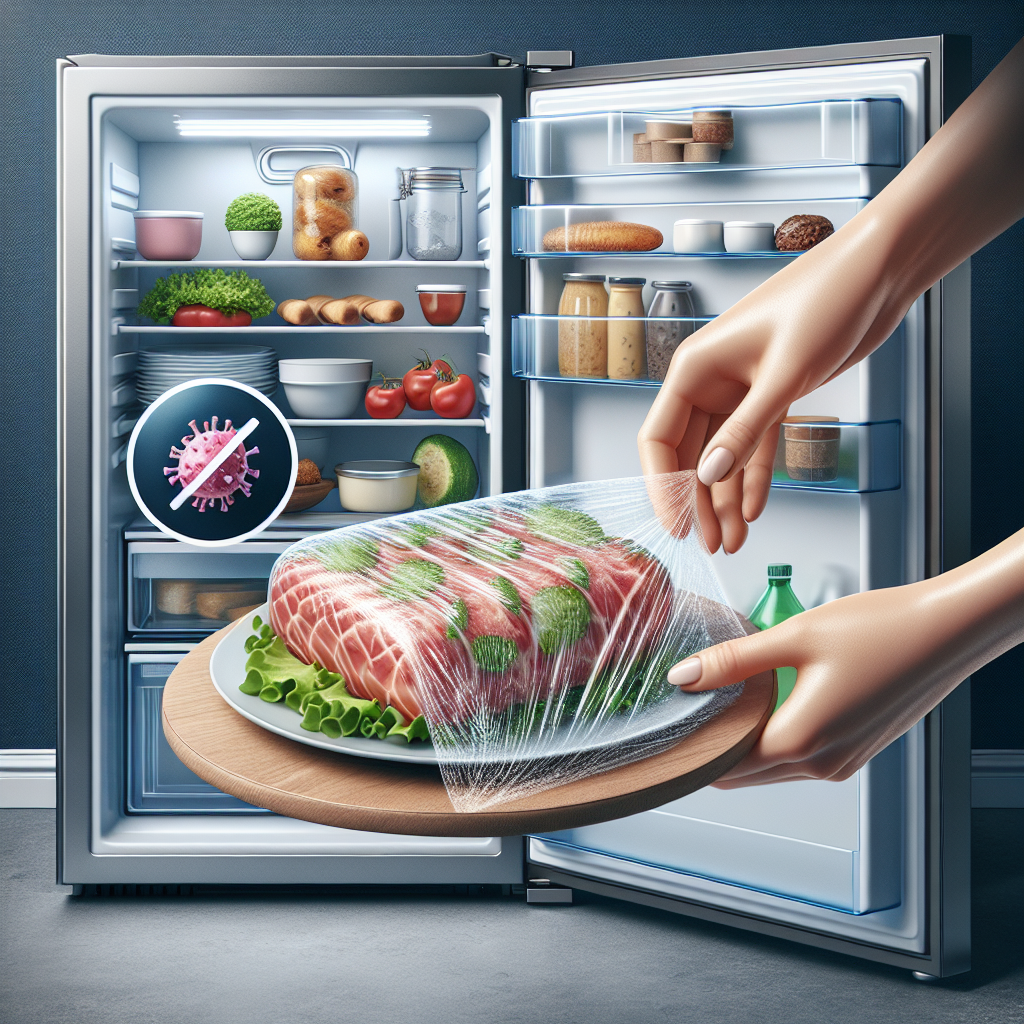Refrigerating leftovers is crucial because it helps prevent the growth of harmful bacteria that can cause foodborne illness. These bacteria, such as Salmonella, E. coli, and Listeria, thrive at room temperature and can quickly multiply on improperly stored food. By refrigerating leftovers promptly, you can help slow down the growth of these bacteria and reduce the risk of getting sick.
When it comes to refrigerating leftovers, there are a few key points to keep in mind:
1. Time is of the essence: The longer food sits out at room temperature, the more time bacteria have to multiply. It is important to refrigerate leftovers within two hours of cooking or serving to prevent the growth of harmful bacteria. If the food has been sitting out for more than two hours, it is best to discard it to avoid the risk of foodborne illness.
2. Store leftovers in shallow containers: When storing leftovers in the refrigerator, it is important to use shallow containers to allow for quicker cooling. This helps prevent the growth of bacteria and ensures that the food cools down evenly. Make sure to cover the containers tightly with lids or plastic wrap to maintain freshness and prevent contamination.
3. Label and date leftovers: To keep track of how long leftovers have been in the refrigerator, it is a good idea to label and date the containers. This way, you can easily identify when the food was prepared and consumed, and avoid eating expired leftovers that may put you at risk of foodborne illness.
4. Use leftovers within a few days: While refrigerated leftovers are safe to eat for a few days, it is best to consume them within three to four days to ensure freshness and reduce the risk of foodborne illness. If you do not plan on eating the leftovers within this timeframe, consider freezing them to extend their shelf life.
In conclusion, refrigerating leftovers is an essential practice for preventing foodborne illness and ensuring food safety. By following the tips mentioned above and being mindful of proper storage and handling techniques, you can reduce the risk of getting sick from contaminated food. Remember, when in doubt, throw it out – it’s better to be safe than sorry when it comes to food safety.

